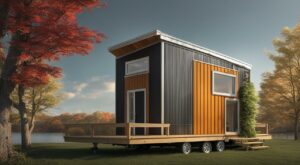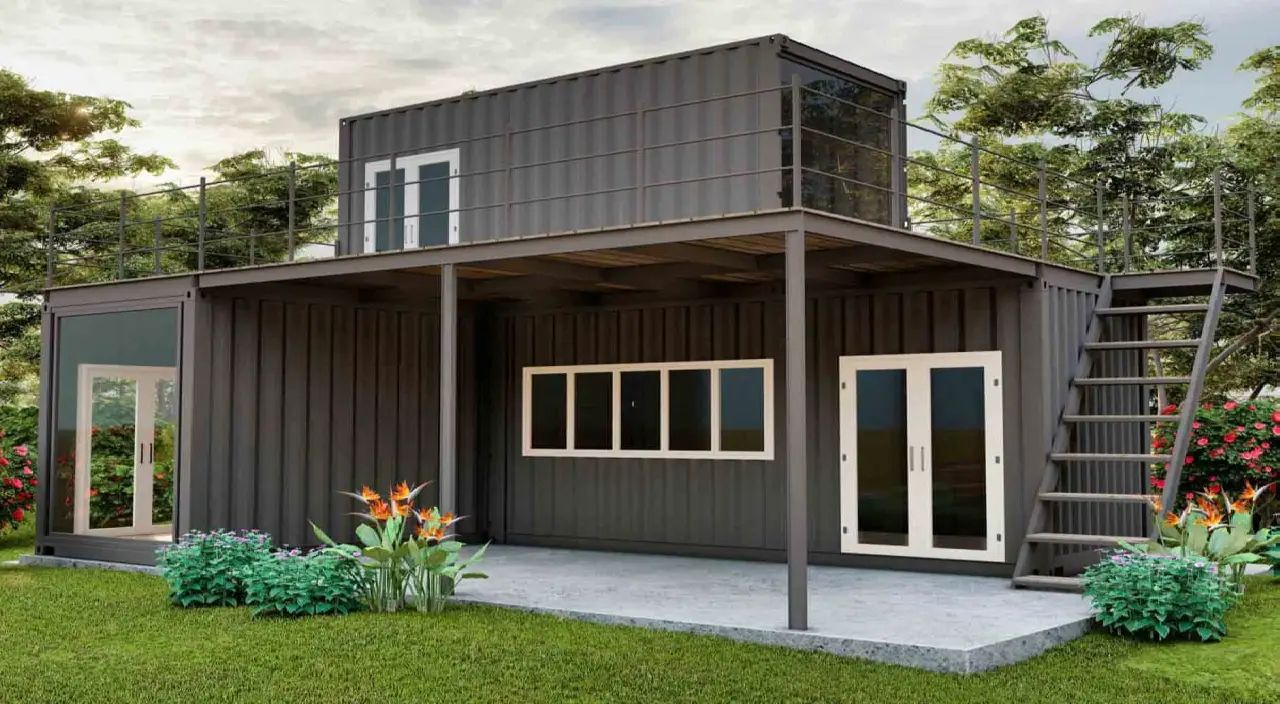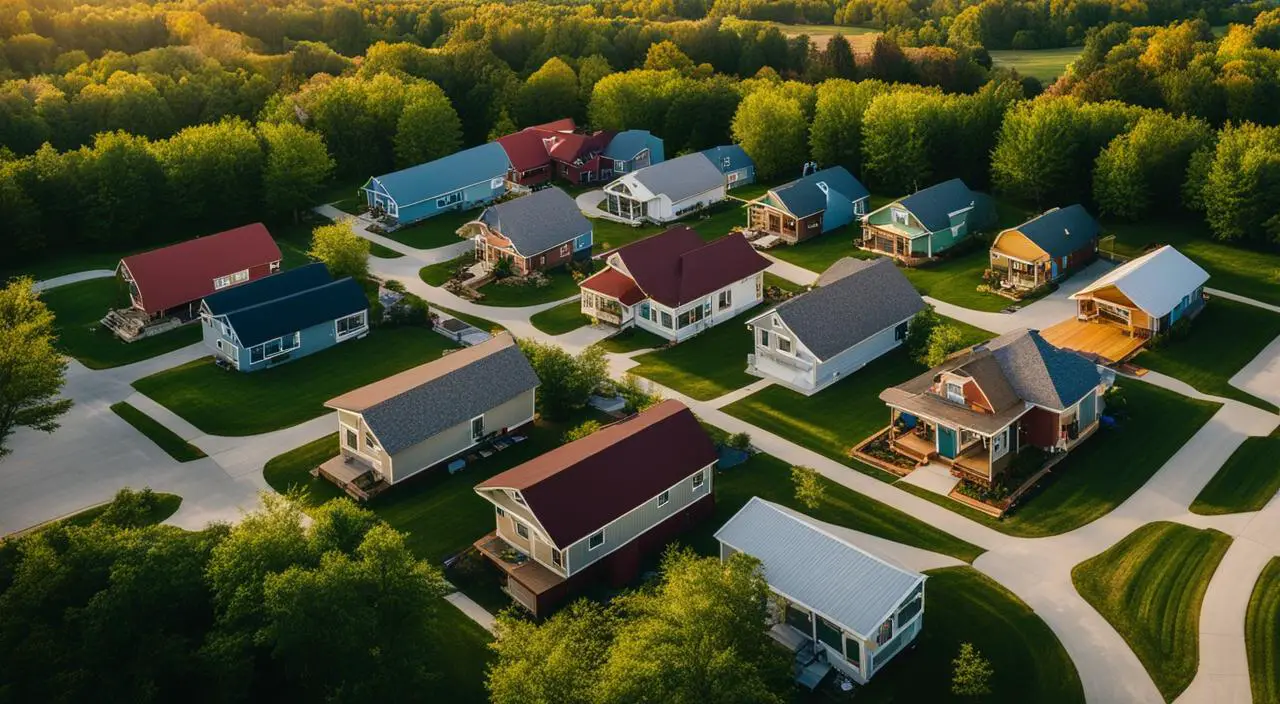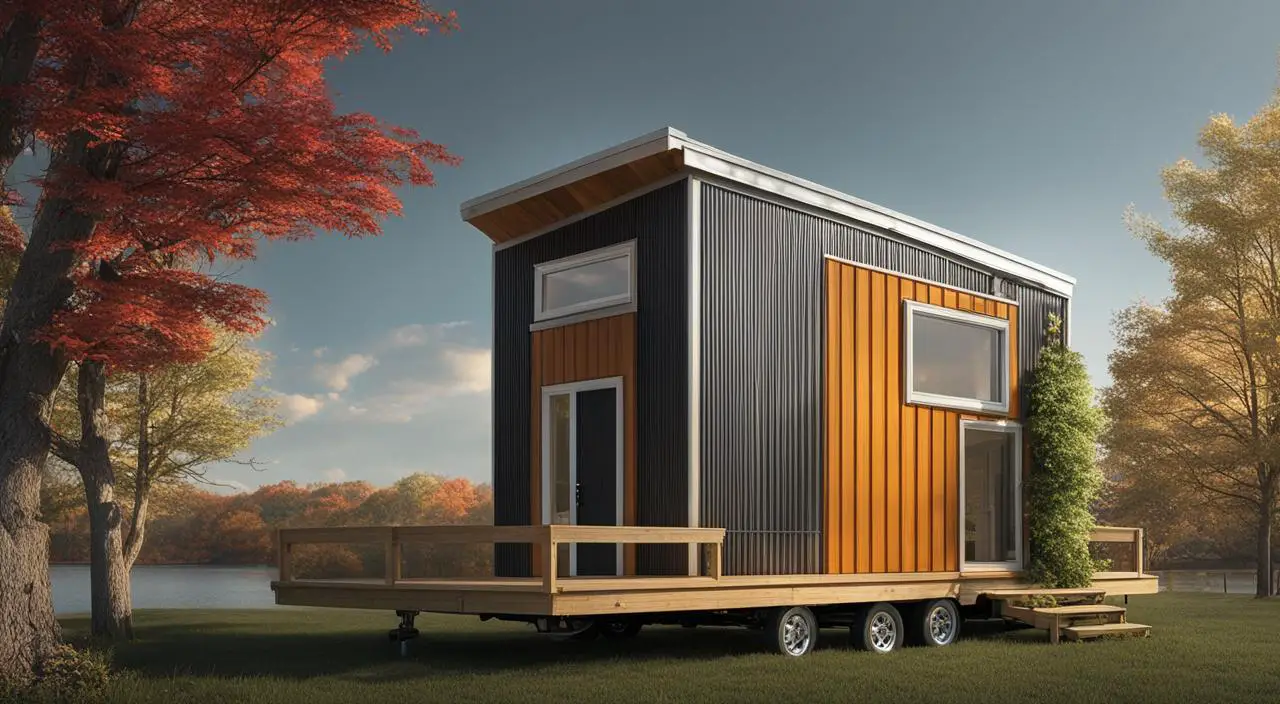Your cart is currently empty!
Tiny House Laws Rhode Island: Understanding Laws & Order
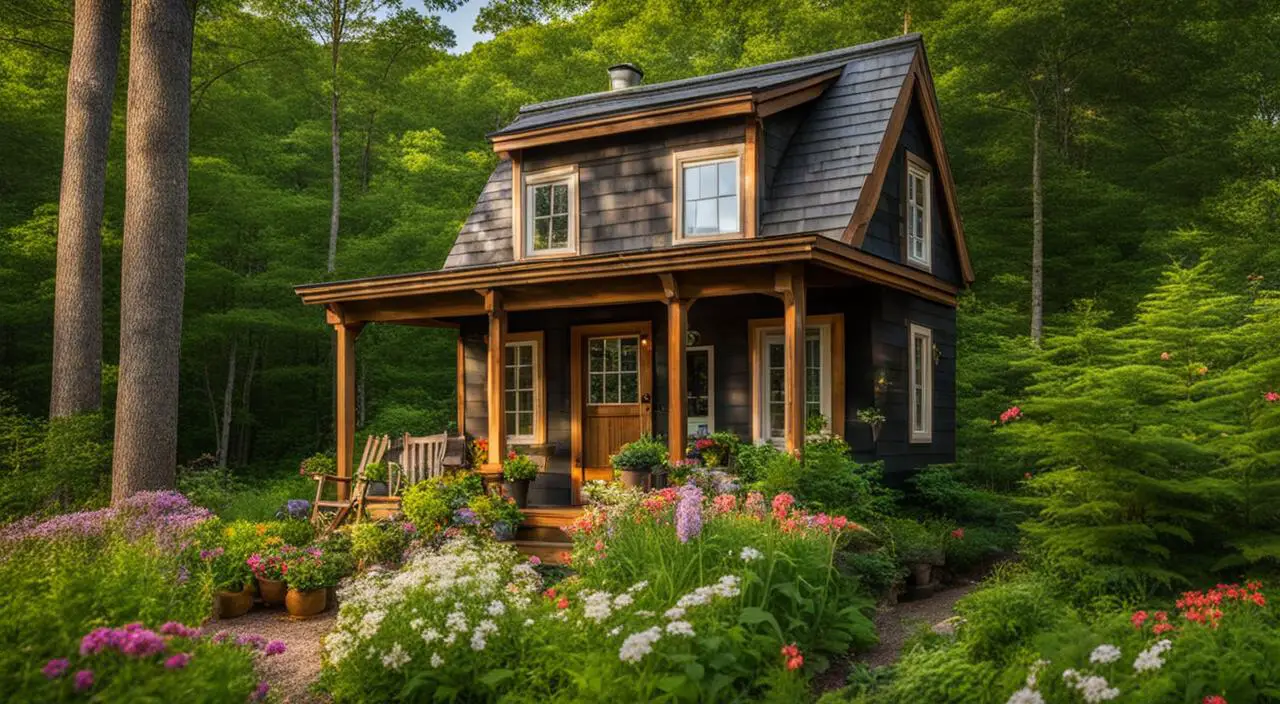
Affiliate Disclaimer: This post may contain affiliate link or links
Living in a tiny house has become increasingly popular in recent years, as more and more people seek a simpler way of life. However, as with any type of housing, there are regulations and laws that must be followed.
Contents
Tiny House Laws Rhode Island: In Rhode Island, tiny house laws are in place to ensure the safety and well-being of residents, as well as to protect the environment and surrounding communities.
If you’re interested in building or living in a tiny house in Rhode Island, it’s essential to understand the zoning regulations, building codes, and permit process involved.
This article will provide an overview of the laws surrounding tiny houses in Rhode Island, so you can make an informed decision about whether tiny house living is right for you.
Rhode Island Zoning Laws for Tiny Houses
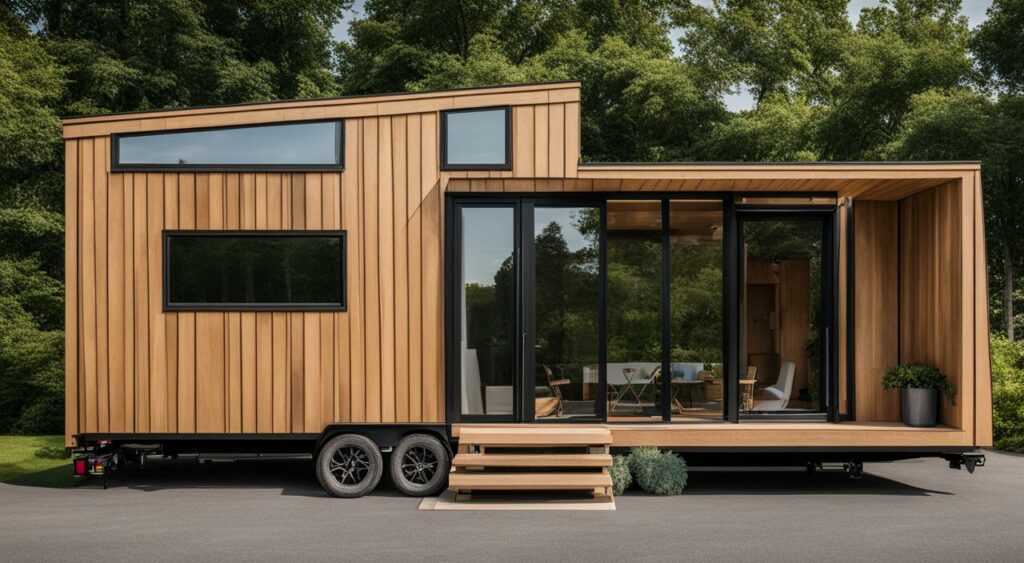
When it comes to building and living in a tiny home in Rhode Island, understanding the zoning laws is essential. These laws dictate where tiny homes can be located and what requirements they need to meet.
In Rhode Island, zoning laws for tiny houses fall under the state’s land use regulations. These regulations set specific requirements for the use of land and structures, including tiny homes.
Rhode Island Land Use Regulations for Tiny Homes
The land use regulations for tiny homes in Rhode Island vary depending on the specific zoning district.
Some districts may allow tiny homes as primary residences, while others only permit them as accessory dwelling units or vacation homes.
Additionally, Rhode Island has minimum square footage requirements for primary residences, which may make it difficult to build a tiny house that meets these requirements.
It is essential to research the specific zoning district’s requirements before starting the building process.
| Zoning Laws for Tiny Houses in Rhode Island | Description |
|---|---|
| Setbacks | Some zoning districts have minimum distance requirements from property lines and other structures. |
| Occupancy Limits | Rhode Island has occupancy limits for tiny homes, based on the size and number of bedrooms. |
Regulations for Tiny Houses in Rhode Island
According to Rhode Island’s building code, tiny homes must comply with all applicable building regulations, including plumbing, electrical, and fire safety codes.
Tiny homes must also meet the same construction standards as traditional homes.
It is crucial to research the specific regulations for building a tiny home in Rhode Island and apply for any necessary permits before starting the construction process.
Understanding Rhode Island’s zoning laws and building regulations for tiny homes is critical before starting the building process.
Ensuring compliance with these laws will avoid any legal issues and allow for a successful and fulfilling tiny house living experience.
Building Codes for Tiny Homes in Rhode Island

In, building codes, Rhode Island are put in place to ensure the safety and structural integrity of all residential structures, including tiny homes.
While there are no specific building codes for tiny homes, they are still subject to the state’s building code regulations.
According to Rhode Island’s building regulations, tiny houses must comply with the same building codes as traditional homes.
Including the International Residential Code (IRC) and the International Building Code (IBC).
The IRC provides guidelines for single-family homes, while the IBC provides guidelines for multi-family structures and commercial buildings.
However, there are some exemptions for tiny houses that can make building and living in them more feasible.
For example, Rhode Island allows for alternative construction methods that may not comply with traditional building codes, such as the use of recycled materials or alternative energy sources.
Additionally, tiny homes may be exempt from certain building requirements, such as minimum square footage and ceiling height requirements, as long as they meet safety standards.
It’s important to note that building codes and regulations can vary by city and town in Rhode Island.
To ensure compliance, it’s recommended that tiny house builders and owners consult with their local building department and obtain all necessary permits and inspections.
To illustrate the importance of building codes in tiny home construction, here is a table showcasing some of the building codes that must be considered when building a tiny home in Rhode Island:
| Building Code | Description |
|---|---|
| International Residential Code (IRC) | Provides guidelines for single-family homes, including minimum ceiling height, egress requirements, and stair and railing specifications. |
| International Building Code (IBC) | Provides guidelines for multi-family structures and commercial buildings, including fire safety, plumbing, and electrical standards. |
| Rhode Island State Building Code | Specifies minimum requirements for building design, construction, and maintenance. |
| Rhode Island Energy Code | Establishes energy efficiency requirements for buildings, including insulation, ventilation, and lighting. |
By understanding the building codes and regulations, tiny house builders and owners can ensure a safe and legal living experience in Rhode Island.
Permits and Regulations for Tiny Houses in Rhode Island
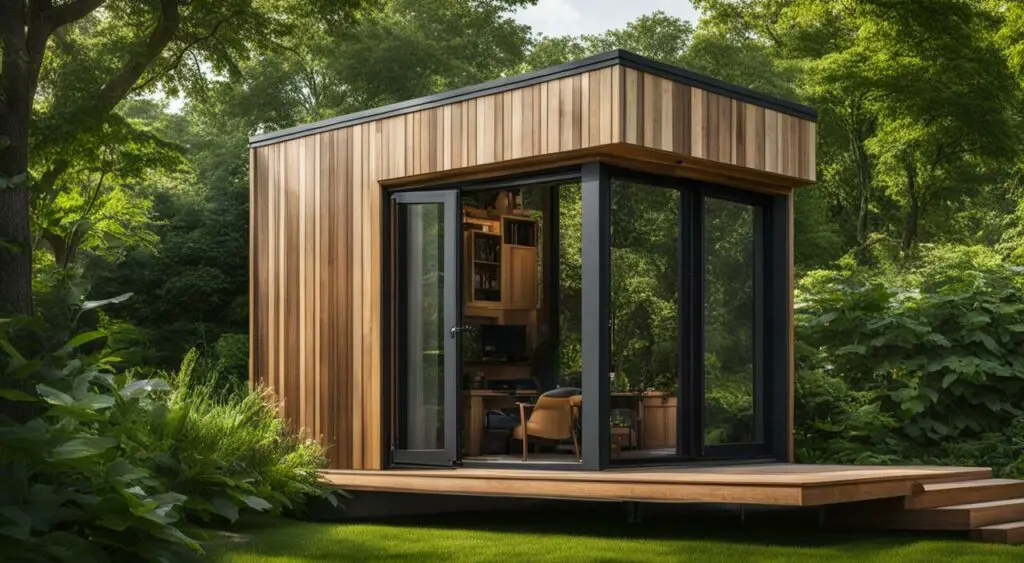
Before building or living in a tiny house in Rhode Island, it is important to understand the permits and regulations required to ensure compliance with state laws.
Firstly, individuals must obtain the necessary permits from their local building department before constructing or placing a tiny house on their property.
This is in accordance with Rhode Island state law, which states that all structures, regardless of their size, must comply with building codes and zoning regulations.
Restrictions on tiny homes in Rhode Island vary depending on the local zoning laws in the area where the individual wishes to place their tiny house.
Some municipalities require a minimum square footage for homes, which may not be conducive to tiny house living.
Additionally, setbacks from property lines are also a consideration.
In Rhode Island, tiny houses are considered to be dwellings and are subject to the same regulations as traditional homes.
This means that they must comply with the state’s housing regulations, including those specific to plumbing, electrical, and other systems.
The permit process for small houses in Rhode Island typically involves submitting plans to the local building department for approval.
This may include architectural drawings, floor plans, and site plans. Once approved, the individual can move forward with construction.
Inspections are also required throughout the building process to ensure compliance with building codes and regulations.
It is important to note that failing to comply with Rhode Island’s tiny house regulations can result in fines or legal action.
It is therefore crucial to seek professional guidance and adhere to all relevant laws and regulations to avoid legal complications down the line.
“The permit process for small houses in Rhode Island typically involves submitting plans to the local building department for approval.”

Conclusion
Understanding the tiny house laws in Rhode Island is crucial for anyone interested in pursuing this lifestyle.
Adhering to the minimum square footage requirements and setback regulations for small houses is essential to ensure compliance with Rhode Island’s zoning regulations.
Living in a tiny house in Rhode Island requires obtaining the proper permits and complying with the state’s building codes.
However, the potential benefits of tiny house living, such as financial freedom and reduced environmental impact, make it an attractive option for many.
As the tiny house movement continues to gain momentum in Rhode Island, it is important to stay informed about any updates or changes to the regulations.
By doing so, individuals can successfully navigate the process of building and living in a tiny house while complying with all the necessary legal requirements.
In conclusion, while navigating the tiny house regulations in Rhode Island may seem daunting, it is a worthwhile effort for those seeking to embrace the tiny house lifestyle.
With careful planning and adherence to the legal requirements, tiny house living in Rhode Island can be an exciting and fulfilling experience.
Other related articles
- Tiny House Laws Indiana: Unlocking the Secrets
- Tiny House Laws in Massachusetts: The Ins and Outs
- Tiny House Laws Colorado: A Friendly Guide
- Tiny House Laws in Florida: Everything You Need to Know
- Understanding Tiny House Laws in Virginia: A Quick Guide
- Tiny House Laws Wisconsin: Understanding The Law

Arc. Joseph Benson the CEO of Free tiny homes, Free Tiny Homes is a free, open-source, collaborative resource for anyone interested in building their own tiny home…


